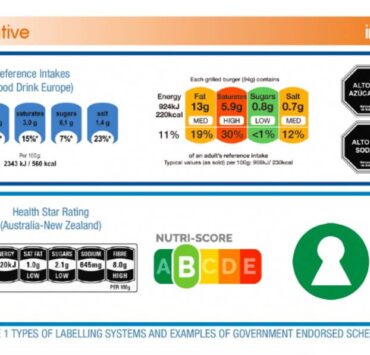‘Alarming’: P460B lost to scams in PH, says study

Filipinos lost $8.1 billion, or nearly P460 billion, in the past 12 months mostly due to text messaging scams that offered too-good-to-be-true deals, according to a report by Global Anti-Scam Alliance (Gasa).
The estimated losses are equivalent to 1.9 percent of the country’s gross domestic product. On average, each Filipino victim lost $275, or about P16,000, to scammers, noted the study, titled “The State of Scams in the Philippines 2024.”
About 39 percent of surveyed Filipinos had lost money to scammers. Only 3 percent of the victims were able to recover their losses, while 78 percent tried but failed.
Click baits
The study, which Gasa conducted in partnership with antiscam service providers ScamAdviser and Whoscall, found that 67 percent of the respondents had dealt with scams at least once every month.
A rising trend was also observed as half of the respondents said they had encountered more scams in the past 12 months.
“Scams in the Philippines have reached an alarming level,” ScamAdviser product director Aaron Chiou said.
About 85 percent of the scams were delivered via text messages, which have risen by 10 percent since last year. Text scams usually trick unsuspecting victims into clicking suspicious website links by offering fake job opportunities and lottery winnings, among others.
The links lead to fake portals where users will be asked to input sensitive and personal information like bank account details, phone number and address. From there, hackers can take over one’s bank and e-wallet account to siphon money out.
“Filipinos often fall for scams due to attractive offers, acting hastily, with many victims admitting uncertainty about the legitimacy of the offers but choosing to risk it anyway,” the study noted.
Still, around 41 percent of the respondents said they double-checked the legitimacy of the links to avoid falling victim, especially if the offer was too good to be true. Chiou noted that scammers were also attacking via messaging platforms like WhatsApp and Messenger.
The study also reported that 76 percent of the scams had been “completed” within 24 hours of first contact with the victim. About 67 percent of the victims also realized on their own that they had been duped, while the rest needed to be told by a representative from a bank, telco or government agency to confirm the scam.
Gasa is a nonprofit that seeks to raise awareness about online scams. Its study covered 1,000 Filipino respondents, majority of them aged 18 to 24.
After Pogo ban
The surge in text scams was previously linked to Philippine offshore gaming operators (Pogos), which President Marcos ordered banned in July.
“It is reasonable to think that some Pogo scam operations might be behind domestic scam operations,” Infrawatch PH convener Terry Ridon told the Inquirer.
Senators Risa Hontiveros and Sherwin Gatchalian earlier noted that text scam messages started to dwindle after Pogos were given orders to wrap up operations, bolstering suspicions they were behind such illegal activities and other crimes.

















